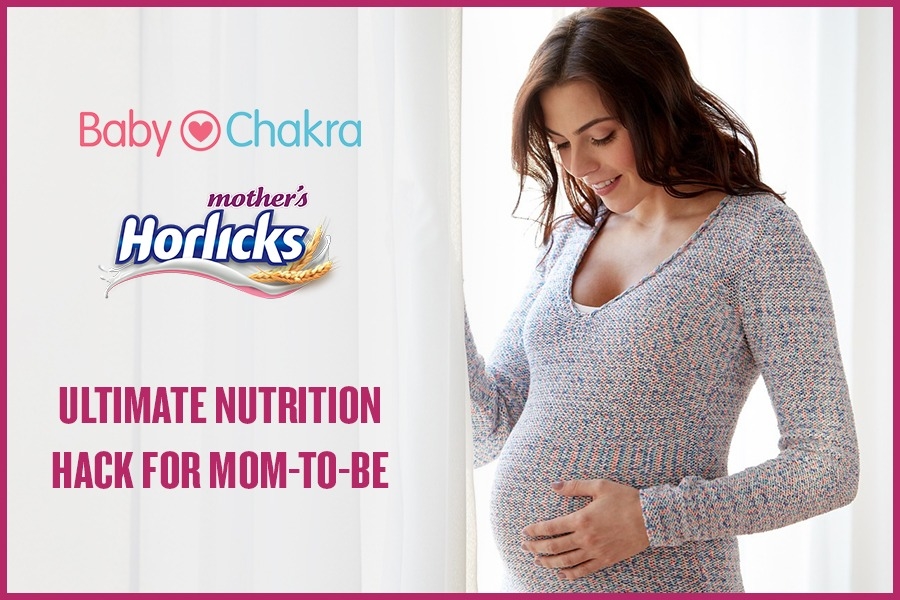
Are You Getting Enough DHA During Pregnancy?
26 Dec 2019 | 3 min Read
vani
Author | 82 Articles
Omega-3s are a family of long-chain polyunsaturated fatty acids that are essential nutrients for health and development. Unfortunately, these are not synthesized by the human body and therefore must be obtained from diet or supplementation. Two most beneficial omega-3s are EPA and DHA. Each of these have a significant role to play in our body especially for pregnant woman and her growing baby.
EPA supports the heart, immune system, and inflammatory response while DHA is responsible for supporting the brain, eyes, and central nervous system, making these uniquely important for pregnant and lactating women.
Omega-3 during & post pregnancy
Omega-3s is an essential nutrient for pregnant and lactating mothers.
- Adequate intake of Omega-3 fats is essential to maintain a balanced production of the hormone-like substances called prostaglandins that helps regulate many important physiological functions including blood pressure, blood clotting, nerve transmission, functions of the kidneys and so on.
- Omega-3s have been found to be essential for both neurological and early visual development of the baby.
- Omega-3s are also used after birth to make breast milk.
- Adding EPA and DHA to the diet of pregnant women has a positive effect on visual and cognitive development of the baby.
- Higher consumption of omega-3s may reduce the risk of allergies in infants.
Unfortunately our Indian diet lacks this critical nutrient and the deficiency affects a pregnant mom more than her baby. Pregnant women become depleted in omega-3s because the fetus uses omega-3s for its nervous system development. With every subsequent pregnancy, the depletion only increases.
An Ultimate Solution
Certain types of fish and food like flax seeds and walnut are great source of Omega-3. However since pregnant women cannot consume all types of fish during pregnancy and Omega-3s are not synthesized naturally in our body, doctors recommend prenatal vitamins along with supplements like Mother’s Horlicks.

Mother’s Horlicks is scientifically designed keeping in mind the nutritional needs of the mom and baby. It contains 25 vital nutrients that are important for the growth and development of baby and vital for mom-to-be’s health. Being high in Omega-3s like DHA, it is a great supplement to help baby’s brain development and an apt substitute for fish and other forms of seafood which are rich in Omega-3s, especially for vegan moms.

Apart from Omega-3s, Mother’s Horlicks is rich in protein, Vitamin A, B12, B6, D, Iron, Iodine, Zinc, Folic Acid and many more essential nutrients. All these nutrients factor in for a healthy weight development of baby. With 100% amino acid content, this multi-flavoured supplement helps maintain mom’s nutritional needs post delivery too.
Food has a big role in maintaining the health of both mom-to-be and her baby. Practicing good nutrition and food safety habits during pregnancy can have lifelong benefits for a mom and her child. Choosing food based on the principles of balance, variety, and moderation is the best approach to enjoying a healthy eating during pregnancy and for a lifetime.
Disclaimer: The views, opinions and recommendations expressed in this article are solely those of the author and intended as an educational aid
Disclaimer: It is important to consult with your Doctor before deciding the dose and content of nutrition before consumption.
The views, opinions and recommendations expressed in this article are solely those of the author and intended as an educational aid
A


Related Topics for you
Suggestions offered by doctors on BabyChakra are of advisory nature i.e., for educational and informational purposes only. Content posted on, created for, or compiled by BabyChakra is not intended or designed to replace your doctor's independent judgment about any symptom, condition, or the appropriateness or risks of a procedure or treatment for a given person.
